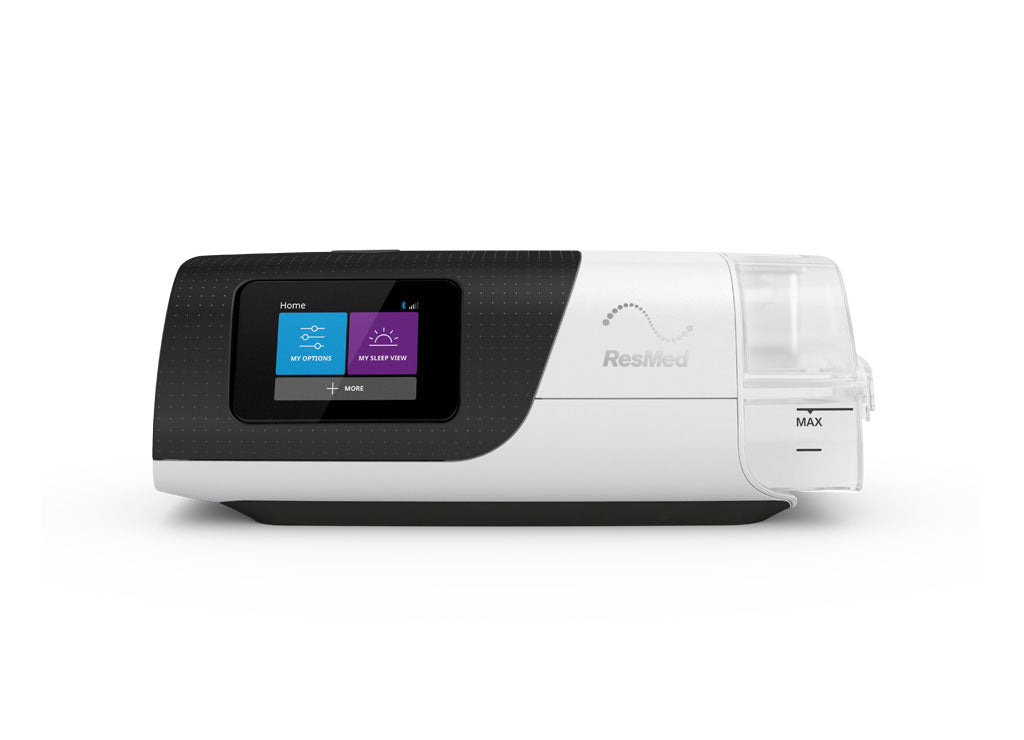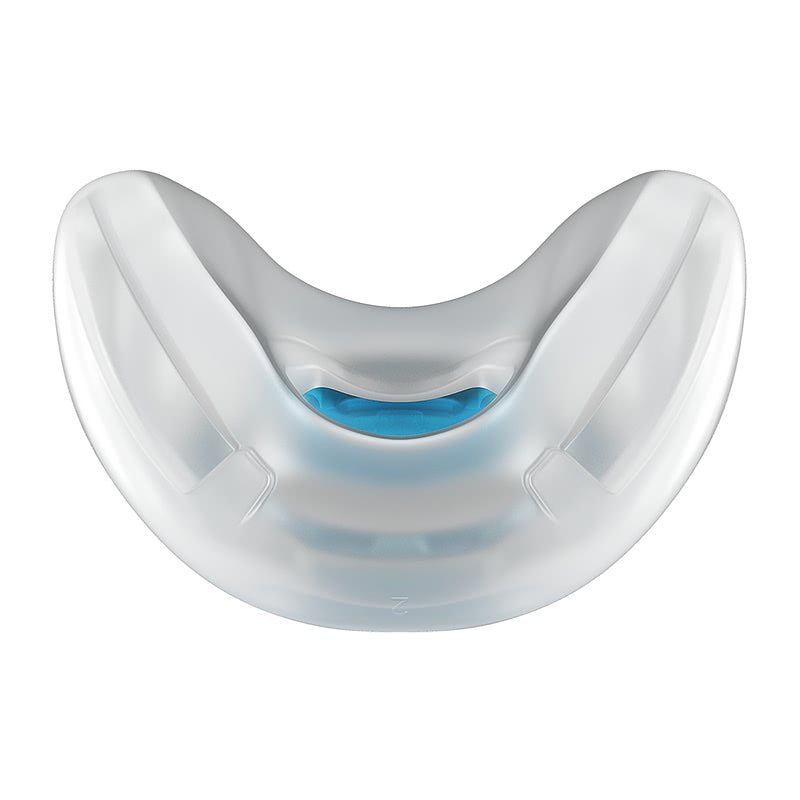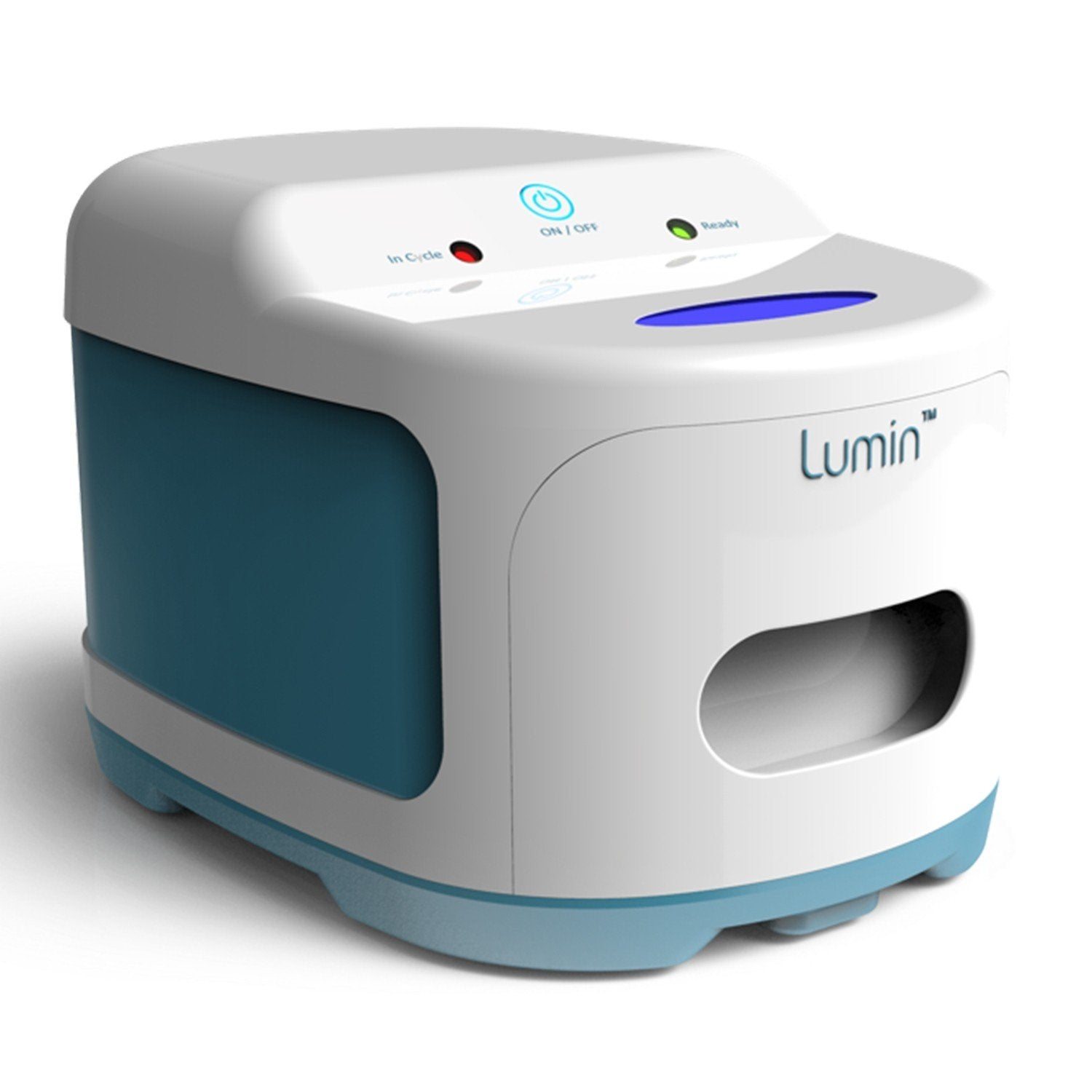
Sleep apnea and your heart
Share
It's estimated that patients with sleep apnea are 2-4 four times more likely to develop heart arrhythmias (abnormal heart rhythms) than people without this condition. Sleep apnea increases the risk of heart failure by 140% and the risk of coronary heart disease by 30%.
What happens to the heart during sleep apnea?
It is thought that the frequent drops in low oxygen levels during sleep damages the blood vessels that supply the heart. Also each time the oxygen level drops, your body tells your heart to beat faster and your blood pressure to go up. Stress on the heart from severe OSA can also cause the heart to get enlarged.
Does sleep apnea cause heart palpitations?
Palpitations can be related to panic and anxiety reactions as well as heart rhythm disturbances. Episodes of not breathing during sleep are a hallmark sign of sleep apnea. If you are experiencing these symptoms, discuss all your symptoms with your doctor to help determine the cause.
Does sleep apnea cause AFib?
And patients with sleep apnea have four times the risk of developing AFib. Over time, untreated sleep apnea can lead to the onset of risk factors such as hypertension and diabetes that predispose a person to AFib. Further, it has been shown that sleep apnea directly triggers arrhythmias during sleep.
Does CPAP improve heart function?
People with sleep apnea, especially those over 60, could decrease their risk of heart failure by using CPAP masks at night to help with breathing, according to new research.
Does sleep apnea cause strokes?
Snoring loudly is a telltale sign of obstructive sleep apnea and a warning you may face a higher risk of stroke. Sleep apnea more than doubles the risk of stroke for middle-aged and older men and also increases the stroke risk in middle-aged and older women.




